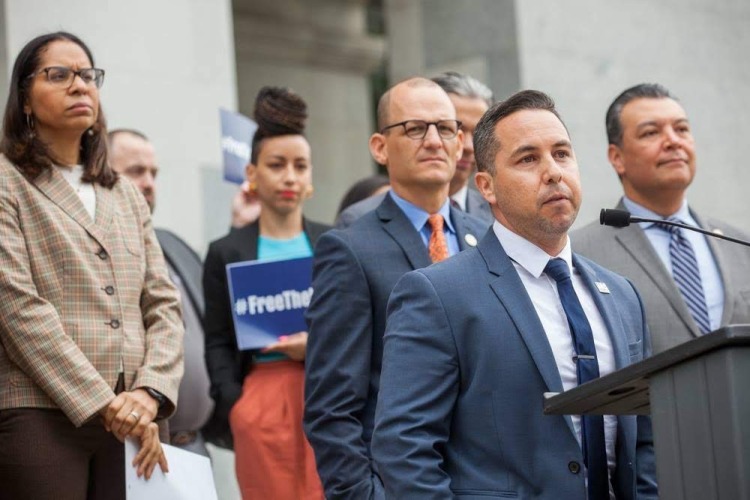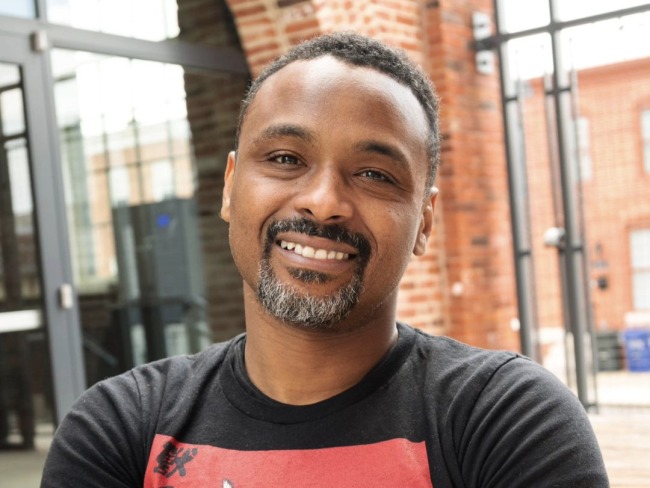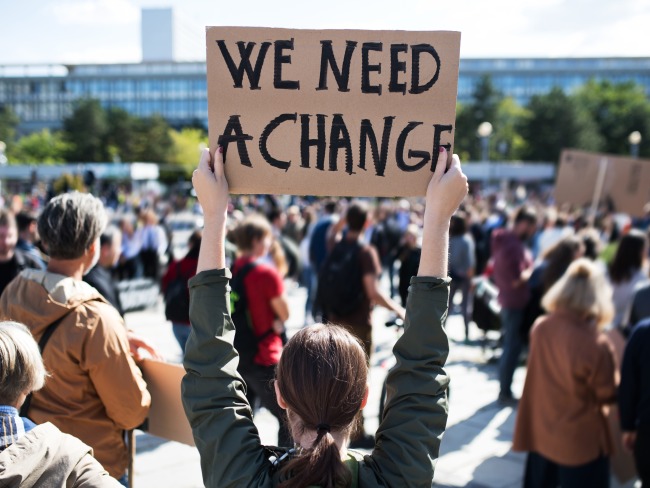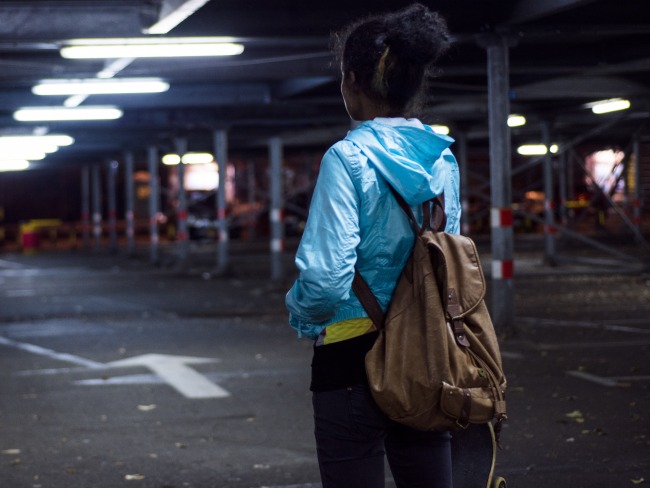

Youth Justice
Youth Justice by the Numbers
The number of youth held in juvenile justice facilities fell from 108,800 to 27,600 between 2000 and 2022 — a 75% decline.
Public opinion often lags behind these realities, wrongly assuming both that crime is perpetually increasing and that youth offending is routinely violent. But in fact, most youth offenses are low-level, nonviolent offenses and the 21st century has witnessed significant declines in youth offending, arrests, and incarceration.

Building Momentum for Reform
This year, many states considered proposals to roll back reforms in youth justice and some actually brought those to fruition. Learn how The Sentencing Project will continue working relentlessly with our partners to advance youth justice in their jurisdictions
Key Publications
“We are not ex-cons, we are not felons, we’re not inmates, we’re people that have a way to give back.”


Advocating for Youth: Damon Walker
Drawing from his experience with the criminal legal system as a teenager, Damon Walker works to give other youth the chance he received – advocating for alternatives to incarceration that offer youth education, structure, and purpose.
Testimony on Maryland Bill Concerning Youth Justice Reform
The Sentencing Project submitted expert testimony to the Maryland House Committee on the Judiciary in opposition SB 744, a bill that would roll back evidence-based recommendations for reform, limit the use of diversion, and negatively impact youth well-being.

Reducing Youth Incarceration: What Works?
Over the past 15 months, The Sentencing Project has published a series of reports showing why it’s important for America’s youth justice systems to reduce incarceration and how to safely reduce the number of young people confined. This webinar reviews our research and discusses alternatives-to-incarceration program models that work as well as systems reforms that can prevent the unnecessary incarceration of youth who pose minimal danger to public safety.
Youth Justice
Important reforms that protect young people from the dangers of incarceration have been achieved over the last 25 years but the benefits are not shared equally among all children. The likelihood of court involvement, detention, and placement in a facility is overwhelmingly heightened for Black, Latinx and Tribal youth compared to white youth involved in similar behavior. Practices holding youth to account must be age appropriate, ensure their health and well-being, and minimize incarceration. Join us by sharing The Sentencing Project’s findings on social media.
-
#1
The US is the only country in the world that sentences youth to life without parole.
-
64%
Reforms have helped achieve a 64% reduction in commitments to juvenile justice facilities between 1997 and 2017.
-
4X
Black youth are over four times as likely to be detained or committed in juvenile facilities as their white peers.

Stand up for youth justice
Your help powers The Sentencing Project’s critical research and advocacy work. Together, we can fight against systemic racial and ethnic injustices in our country.






